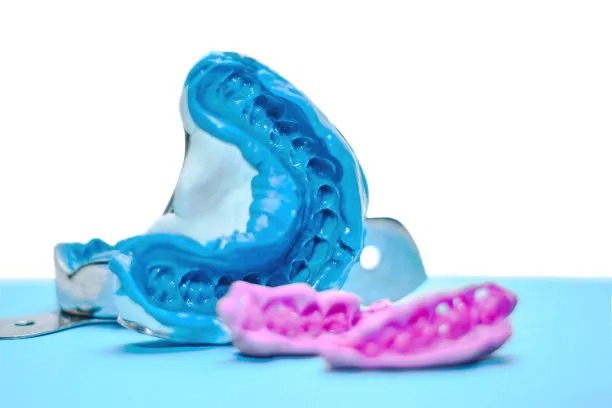Understanding the Process and Importance of Extracting a Tooth in Dental Care and Oral Health Management
Summary: Tooth extraction is a fundamental aspect of dental care, often deemed necessary for restoring oral health. This article explores the importance of this process, detailing the reasons for extraction, the techniques involved, the post-extraction care, and the implications for overall oral health management. Understanding these factors not only demystifies the procedure but also highlights its significance in preventing further complications and maintaining a healthy smile.
1. Reasons for Tooth Extraction in Dental Care

Tooth extraction may be necessitated by a range of factors, primarily linked to the health of the mouth. Among the most common reasons is severe tooth decay, which renders a tooth hopelessly damaged. When dental caries compromise the structural integrity of a tooth, extraction may be the only viable solution to alleviate pain and prevent infection.
Another reason for extraction involves periodontal disease, which is characterized by the inflammation of the gums and surrounding tissues. In advanced stages of this condition, teeth may become loose or misaligned, prompting extraction to safeguard the overall health of the mouth.
Additionally, impacted teeth—such as wisdom teeth—often require removal due to potential complications like crowding and infection. As these teeth attempt to emerge from the gums, they can cause pain and disrupt the alignment of adjacent teeth, making extraction a prudent choice.
2. Process of Tooth Extraction Explained
The tooth extraction process itself is typically straightforward but requires careful execution by a dental professional. Initially, the dentist evaluates the tooth and surrounding tissues through X-rays and an oral exam, determining the best approach for extraction.
Once the decision is made, local anesthesia is administered to numb the area, ensuring the patient experiences minimal discomfort during the procedure. In some cases, sedation may be utilized for anxious patients, allowing for a more relaxed experience.
The extraction method can vary depending on the type of tooth and its condition. Simple extractions involve loosening the tooth with an elevator and removing it with forceps, while surgical extractions may be necessary for impacted teeth, requiring incisions in the gums for proper access.
3. Post-Extraction Care Essentials
Following a tooth extraction, appropriate aftercare is crucial for effective healing. Patients are advised to bite down on gauze for at least 30 minutes to control bleeding. Maintaining proper hygiene is essential; however, care should be taken to avoid the extraction site to prevent dislodging the blood clot that forms during recovery.
Managing pain and swelling is also important during the recovery period. Over-the-counter pain relief medication can be effective, and applying ice packs can help reduce inflammation. Additionally, patients should be cautious about their diet, opting for soft foods and avoiding hot beverages until the initial healing phase has passed.
Regularly scheduled follow-ups with the dentist are essential to monitor the healing progress. In some cases, patients may need additional treatment, such as bone grafting, to support future dental work.
4. Implications for Oral Health Management
Tooth extraction, while a concerning prospect for many, can lead to significant improvements in oral health. By removing problematic teeth, patients can often experience reduced pain and a better quality of life, allowing for more effective oral hygiene practices.
Moreover, timely extraction of faulty teeth can prevent the spread of infection and potential complications that might require more extensive treatment in the future. This proactive approach emphasizes the importance of addressing dental issues before they escalate.
Ultimately, understanding the role of tooth extraction within the broader context of dental care underscores its critical place in comprehensive oral health management. It serves as a reminder of the importance of regular dental check-ups, where potential problems can be identified and managed before requiring more invasive interventions.
Summary:
Tooth extraction is a vital part of dental care that addresses various oral health issues, from decay to infection. Understanding the reasons, process, aftercare, and implications of extraction can empower patients in managing their oral health effectively. By viewing tooth extraction as a necessary step in maintaining dental well-being, individuals can prioritize their oral health and make informed decisions regarding their care.
This article is compiled by Vickong Dental and the content is for reference only



